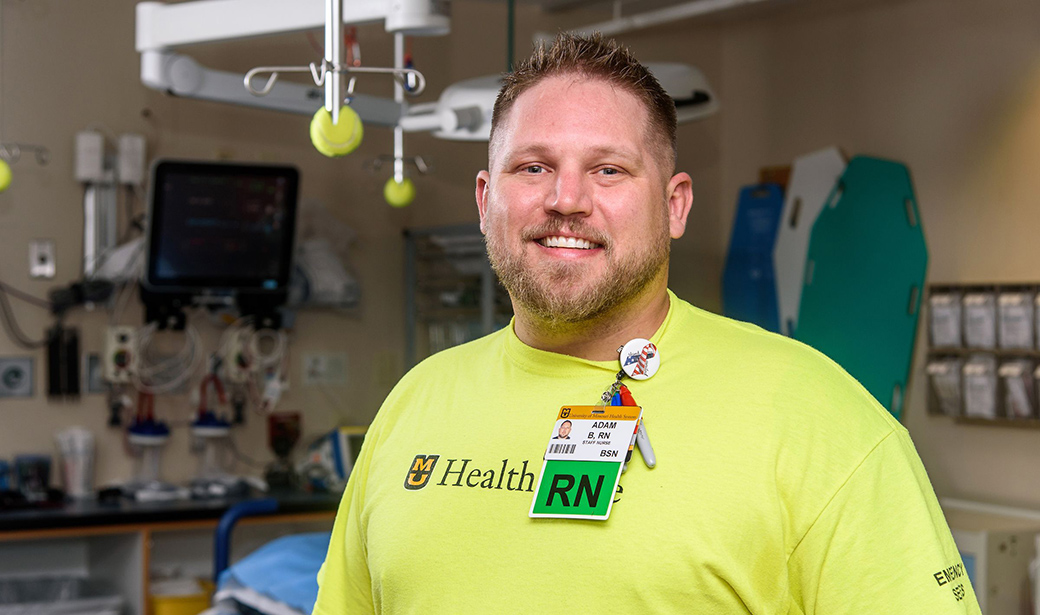On June 1, 2013, Adam Brandes’ Army unit had just left a graduation ceremony for new Afghanistan police officers it had trained and was headed back to its base in Ghazni Province.
“It was a nice summer day when, out of nowhere, there was a loud explosion and a cloud of dirt,” Brandes said.
Staff Sgt. Job Reigoux was in the lead vehicle with other soldiers and their interpreter when it was struck by a rocket-propelled grenade.
“It went through the side of the truck, through Job’s right leg and left hand,” Brandes said. “When we got to the outpost … we couldn’t tell if he was alive or dead.”
Reigoux was sent to a bigger base with a field hospital. Less than an hour later, Brandes and his unit learned their buddy died on the operating table.
“I wondered what more I could have done,” Brandes said.
Brandes, a native of Prairie Home, Missouri, enlisted in the Army in February 2009. Ten months later, he deployed to Iraq with the Third Infantry Division. He returned to the U.S. in December 2010, and in the summer of 2011 was promoted to rank of sergeant.
“I was due to get out in 2012, but we had a call to go to Afghanistan,” Brandes said. “I extended for a year to go to Afghanistan with my squad.”
It was during his second tour that Reigoux was killed six weeks before they were scheduled to come home.
“There were lots of emotions during the remaining time there,” Brandes said. “I served my country, and now I was ready to go home and serve my community.”
Brandes considered the options available through the GI Bill, and with encouragement from his friends, applied and was accepted into MU’s Sinclair School of Nursing. He graduated with a Bachelor of Science in Nursing degree in 2017. After graduation, he had multiple job offers in mid-Missouri emergency rooms.
“I chose University Hospital for its Level 1 trauma center,” he said. “I knew I would be getting the most experience here.”
In the Army, he supervised soldiers and had to make decisions quickly. In the ER, life-and-death decisions also have to be made fast.
“Being overseas, stuff changes rapidly,” Brandes said. “It was something I enjoyed about it. You never know what the next day will bring.”
Brandes isn’t left wondering any more if there is something he can do to help during medical emergencies. The skills he acquired on the front lines with the Army and in the simulation lab during nursing school allow him to help any patient who comes through the doors of the emergency room.



